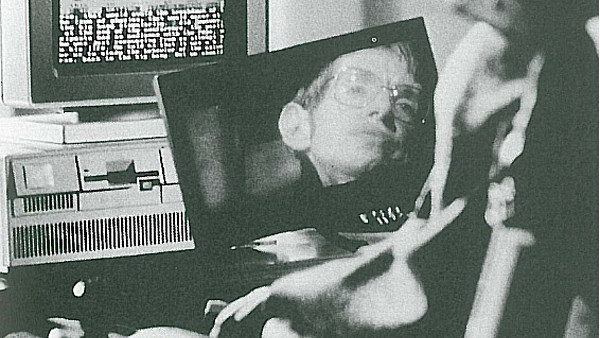From “The Net Is a Waste of Time,” William Gibson’s seeing 1996 New York Times article about the World Wide Web:
“The finest and most secret pleasure afforded new users of the Web rests in submitting to the search engine of Alta Vista the names of people we may not have spoken aloud in years. Will she be here? Has he survived unto this age? (She isn’t there. Someone with his name has recently posted to a news group concerned with gossip about soap stars.) What is this casting of the nets of identity? Do we engage here in something of a tragic seriousness?
In the age of wooden television, media were there to entertain, to sell an advertiser’s product, perhaps to inform. Watching television, then, could indeed be considered a leisure activity. In our hypermediated age, we have come to suspect that watching television constitutes a species of work. Post-industrial creatures of an information economy, we increasingly sense that accessing media is what we do. We have become terminally self-conscious. There is no such thing as simple entertainment. We watch ourselves watching. We watch ourselves watching Beavis and Butt-head, who are watching rock videos. Simply to watch, without the buffer of irony in place, might reveal a fatal naivete.
But that is our response to aging media like film and television, survivors from the age of wood. The Web is new, and our response to it has not yet hardened. That is a large part of its appeal. It is something half-formed, growing. Larval. It is not what it was six months ago; in another six months it will be something else again. It was not planned; it simply happened, is happening. It is happening the way cities happened. It is a city.”
Tags: William Gibson

